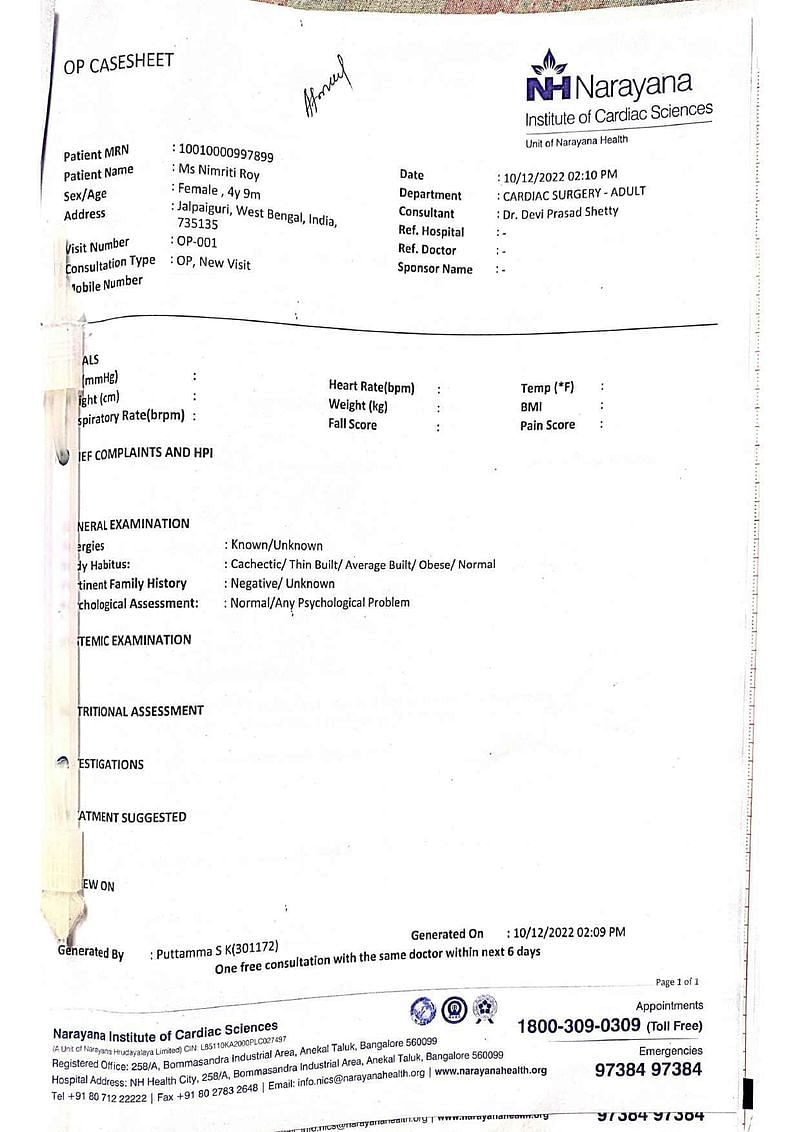As a new parent, you may have heard about the social smile and wondered what it is and what it means for your baby. The social smile is one of the first social interactions your baby will have, and it’s an important milestone in their development. Here’s what you need to know about your baby’s social smile.
Table of Contents
What is a social smile?

A social smile is a smile that your baby gives in response to seeing a familiar face or hearing a familiar voice. This smile is different from the reflexive smiles that babies make in their sleep or when they pass gas. The social smile is a deliberate and intentional smile that your baby makes when they are happy and engaged with you.
When do babies start social smiling?

Babies typically start social smiling around 6-8 weeks of age. This is when they are starting to become more aware of their surroundings and are able to recognize familiar faces and voices. However, some babies may start social smiling as early as 4 weeks or as late as 12 weeks.
Why is the social smile important?

The social smile is an important developmental milestone because it shows that your baby is starting to recognize and respond to social cues. It also indicates that your baby is starting to form social bonds and relationships with you and other caregivers. The social smile is the first step in the development of social skills and emotional intelligence.
How can you encourage your baby to social smile?

There are several things you can do to encourage your baby to social smile:
- Make eye contact with your baby and smile at them.
- Talk to your baby in a soothing, high-pitched voice.
- Make funny faces or play peek-a-boo with your baby.
- Give your baby plenty of opportunities to interact with other people.
What if your baby isn’t social smiling?

If your baby isn’t social smiling by 12 weeks of age, it’s important to talk to your pediatrician. While some babies may take longer to reach this milestone, a lack of social smiling can be a sign of developmental delays or other issues.
The Bottom Line
The social smile is an important milestone in your baby’s development. It shows that your baby is starting to recognize and respond to social cues, form social bonds and relationships, and develop social skills and emotional intelligence. Encourage your baby to social smile by making eye contact, talking to them in a soothing voice, and giving them plenty of opportunities to interact with others. If your baby isn’t social smiling by 12 weeks, talk to your pediatrician.
5 Articles to Read Next
- The Importance of Tummy Time for Your Baby
- How to Soothe a Fussy Baby
- Why Playtime is Essential for Your Baby’s Development
- Tips for Helping Your Baby Sleep Through the Night
- Understanding Your Baby’s Cries
Frequently Asked Questions
When do babies start social smiling?
Babies typically start social smiling around 6-8 weeks of age.
Why is the social smile important?
The social smile is important because it shows that your baby is starting to recognize and respond to social cues, form social bonds and relationships, and develop social skills and emotional intelligence.
What can I do to encourage my baby to social smile?
You can encourage your baby to social smile by making eye contact, talking to them in a soothing voice, making funny faces, playing peek-a-boo, and giving them plenty of opportunities to interact with others.
What should I do if my baby isn’t social smiling?
If your baby isn’t social smiling by 12 weeks of age, it’s important to talk to your pediatrician.
Are there any developmental delays associated with a lack of social smiling?
A lack of social smiling can be a sign of developmental delays or other issues, which is why it’s important to talk to your pediatrician if your baby isn’t social smiling by 12 weeks of age.
